Last updated on April 11th, 2023 at 07:54 am
AI is revolutionizing healthcare. It is providing new insights into disease, developing new treatments and even diagnosing patients. Below are three ways AI is being used in healthcare today.
The Emergence of Artificial Intelligence
Artificial intelligence (AI) is a term for technology that makes machines smarter. AI applications are used in many industries, including healthcare. In the healthcare industry, AI is used to diagnose diseases, predict patient outcomes, and provide treatment recommendations. One of the most common uses of AI in healthcare is for diagnostics. AI can be used to diagnose diseases by analyzing images or by reading medical records. For example, there is now an AI system that can identify cancerous tumors from medical images with a high degree of accuracy. AI can also be used to predict patient outcomes. By analyzing data from past patients, AI systems can develop models that predict how a particular patient will respond to a certain type of treatment. This information can help doctors choose the best course of treatment for each individual patient. Keep reading to learn more about how AI is used in this industry.
Cloud-Based Medical Technology
One of the best AI solutions on the market includes ready-to-use cloud-based platforms. Applications like NyQuist Data offer an easy deep learning AI platform for healthcare companies. Life science professionals can utilize this AI solution for data aggregation, workflow automation, and predictive analytics. It’s a great way to make better clinical, regulatory, and business decisions.
AI-Assisted Drug Discovery and Development
Another advantage of using AI is to modernize drug discovery. Artificial intelligence can now screen large numbers of molecules much more quickly than humans can. It can also identify relationships between different molecules that may not be obvious to humans. This allows for a more efficient and sophisticated screening process, which can lead to the identification of better drug candidates. AI can even be used to design new drugs. By using computer models, it is possible to test how different molecules will interact with one another. This can help researchers determine which combinations are most likely to be effective against a particular disease. Once potential drugs have been identified, AI can also be used to help develop them further into viable therapies. For example, it can be used to create detailed simulations of how the drug will behave in the body. This information can then be used to optimize the dosage and delivery method for the drug. Additionally, AI can be used to predict how well a patient will respond to a particular drug therapy.
Enhancing Patient Care With Virtual Reality and Robotics
Virtual reality and robotics are now being used to improve patient care. In fact, virtual reality can be used to create a more immersive experience for the patient, which can help distract them from pain or anxiety. It can also be used to provide education on medical procedures or treatments. Robotics can be used for surgical procedures or other treatments that require precise movements. They can also be used to assist patients with mobility issues.
If you’re interested in pursuing a career in health care, health sciences, or even medical technology, then you’ll want to earn an advanced degree. You can find top admission consulting to help you get into your dream school. Consultants can help you with filling out your application, finding financial aid, and even narrowing down the best schools to help you meet your career goals.
Overall, AI applications have the potential to improve the quality and efficiency of healthcare for years to come. They can help to improve decision-making, optimize workflows, and personalize care. Additionally, AI can help to reduce costs and improve patient outcomes.




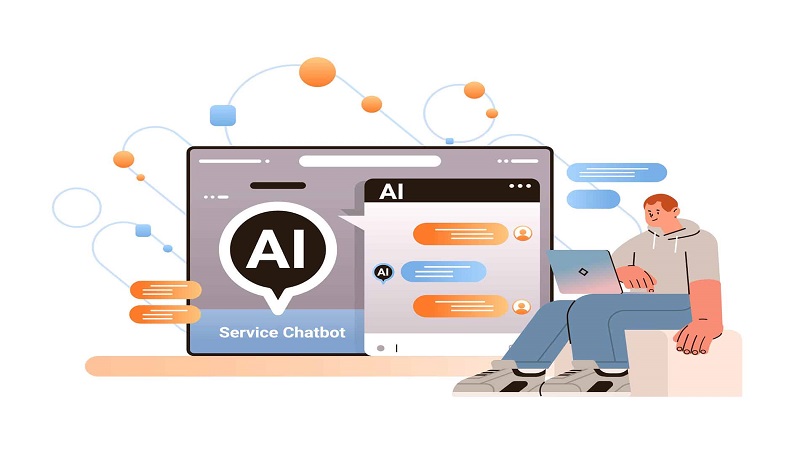
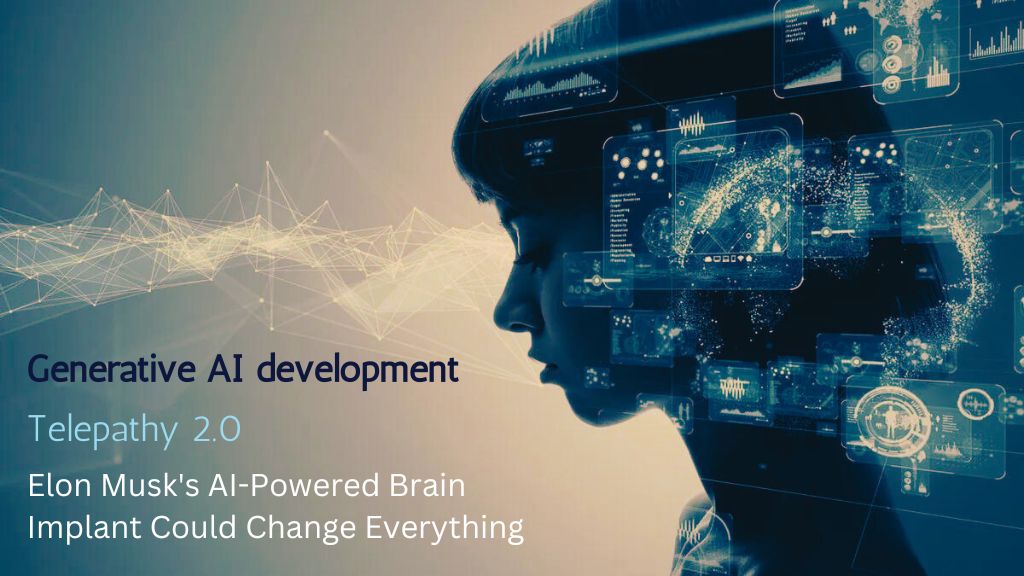



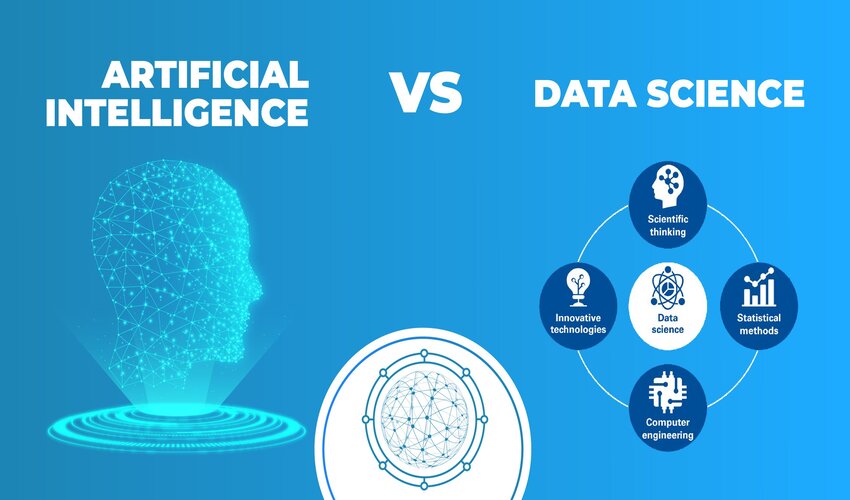
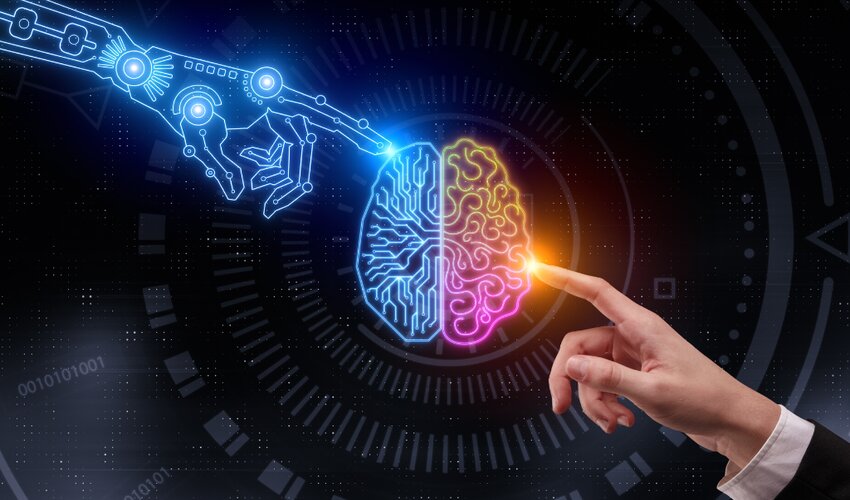

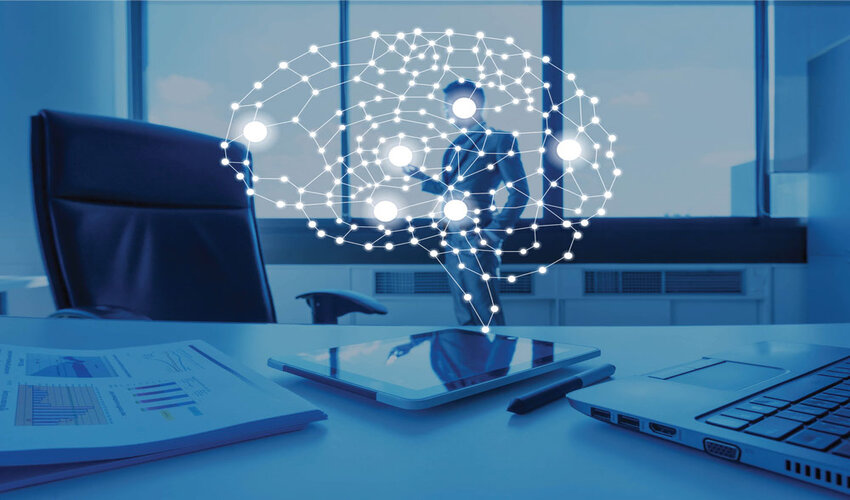




Leave a Reply